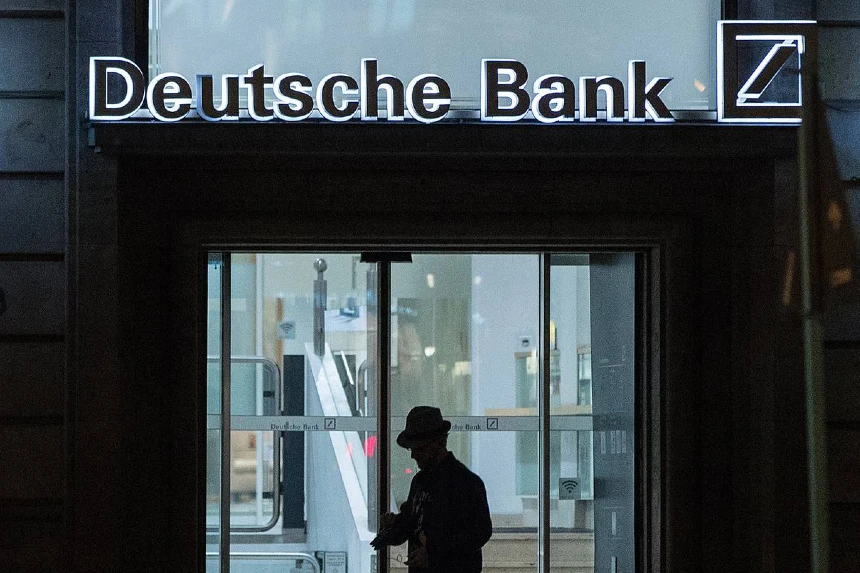India and Emerging Asia, Deutsche Bank has a balance sheet worth 1.45 lakh crore and 23,000 employees. The CEO of the bank Kaushik Shaparia in an interview with the Indian Express. In his response to a question on the lack of increase in FDI inflows despite the economy’s strong growth, the CEO said that the investments are flowing but are not exponential mainly due to the global scenario.
He further added that regulatory policies also affect investments and while there has been a constant push towards increasing inflow consistent efforts will help in future. He also implied a positive increase in India’s saving potential from 38 per cent at present to 50 per cent in the next five years which will make it surpass the $7 trillion mark by 2030.
On the latest slowdown in the economy, he replied that the reasons were the post-COVID demand surge, global economic uncertainties, the tight monetary policy followed by the RBI, and lastly the delayed investments by the private sector.
On the impact of Trump’s policies on the world economic situation, Shaparia retorted to a new perspective focusing on Europe as the new hub of investment rather than the US. He also said that change in the US may not have a huge impact on the world economy however the inward-looking stance of the US may make conditions inflationary.
This may even affect India, but considering its sensitivity or “beta” to be 0.5, he emphasised that the degree of change will be less compared to countries like Singapore that are more globally integrated. In the manufacturing sector, the CEO goes on to say that more investment and efforts are needed to increase its contribution from 25 to 25 per cent of the GDP.
In the coming years, he advises focusing on a 6.5% growth rate and increasing the per capita income along with structural reformations in the economy. This path has the potential of doubling the country’s economy to a $ 7 trillion level by 2030 compared to 2023.








